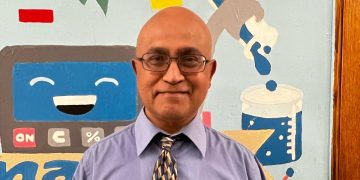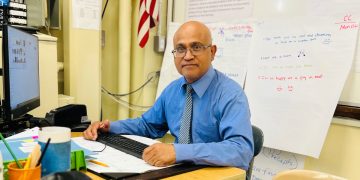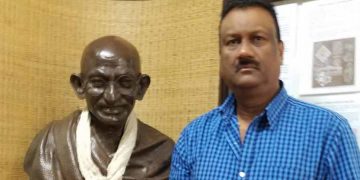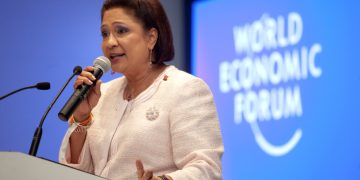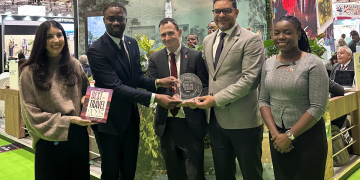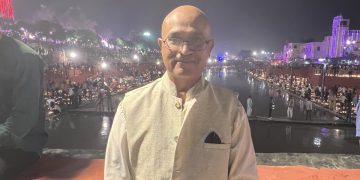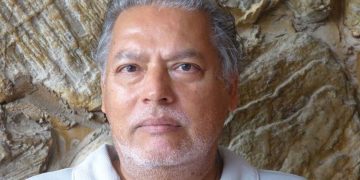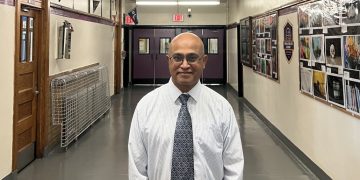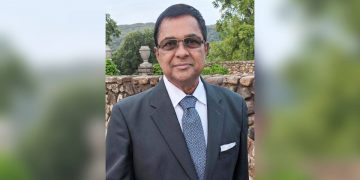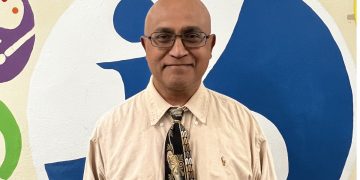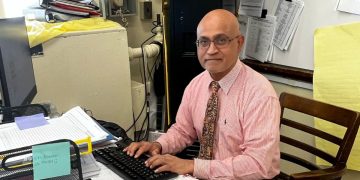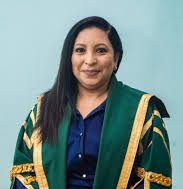The University of Guyana has recorded a number of positives under new Vice Chancellor Dr Paloma Mohamed who was appointed in 2020.
In spite of funding issues, the difficulties of in-person instruction attributed to the Covid-19 pandemic, and the challenge of providing education to an ever increasing number of students, the University of Guyana has been making significant strides over the last few years under the tenure of current VC Dr Paloma Mohamed. It may be fair to say that the University has not made the kind of fast paced progress it has been undergoing over the last couple years ever since its founding some 59 years ago.
In the diaspora and in Guyana, I interact from time to time with Alumni as well as students of UG, and many of them have expressed that the foundation that they received at UG has put them in a good position to do extremely well.
While there have been some shortcomings at UG from time to time, some of which have been reported in the press and that I also observed, the successes achieved have been many. All Guyanese should be proud of this noble institution and offer support.
As I learn from staff and students, UG is moving towards delivering education in a hybrid format – a combination of face to face and online. The university is reaching more students today than ever before especially because of on line instructions, thereby increasing access for thousands of students.
It is to be noted that during the height of the pandemic, UG was one of the first educational institutions in the region to go online to ensure that learning continued uninterrupted. Many students who were in their second year and needed two more years to finish off their degrees would not have been able to graduate if decisive and prompt action was not taken by the institution to take its programmes online. The VC Dr Paloma Mohamed should be commended for leading the way in ensuring that all of this was done.
I am informed that UG has designed and is now fully implementing an inclusion policy. An Inclusion unit is now functioning to ensure the policy is not just on paper but that it serves the purpose for which it is intended. This is unprecedented for UG and for any university in the region.
Additionally, I am told that UG has initiated a university press and has started publishing materials. Many experts and other academics will have the opportunity to have their work published. As a Guyanese who writes extensively on varied subjects including on the diaspora, I am also very much interested in collaborating with the UG Press to have some of my works published there. Given my decades of experience as an editor and publisher abd a media columnist, I will like to assist in this endeavor where practical.
Important to note too is that based on statistics available, UG has a higher rate of enrollment as well as graduates in various specialised courses. And I am advised that over the past few months, UG has started several new masters and PhD programs . And I have been told that these offerings will continue to be expanded to the benefit of students in Guyana and the region.
Guyana is now an oil economy and UG has led the way in designing programmes that will boost the human resources capacity of the country. In a relatively short space of time, UG set up the Institute of Energy Diplomacy, and several new programs are being rolled out to cater for the needs of the sector. All of this will help to achieve the President Ali’s vision of creating a highly skilled workforce to service the traditional and emerging sectors.
I was told that just recently, the university launched the “International Centre of Excellence in Educator Innovation, Learning and Development” to expand the number of teachers receiving specialized training across the country. It is a first for the university, allowing teachers to be trained without leaving their regions or locations since it is done fully online. It is also noted that UG is expanding its scope in learning by providing distance education with expansion of IDCE centers.
The university management announced that the university is currently focused on achieving the goals set out in the 2040 Blueprint. I am excited in particular about the one that is related to achieving One Graduate Per Household. Wouldn’t this be great for all of Guyana if this target is met?
UG is the country’s only State funded degree granting institution. It is forward thinking and has been producing graduates who have gone on to do great things. Graduates are recognised around the world. A recent example is the Pfizer Scientist, Vidia Roopchand, who was involved in the discovery of the Covid vaccine. He put Guyana on the map. Several others are also doing great things with all bringing accolades to the university as well as the entire country.
Again I say everything is not perfect at the University, but I am optimistic that based on what I see happening at the moment, the institute is in good hands. Guyanese are fortunate to have UG that was founded by the country’s first democratically elected leader Dr Cheddi Jagan in 1963. The university has come a long way since then. UG is getting high ratings and its image is gradually changing. The university needs to expand branches and scope to educate all.
Two decades ago, a group of us, inclusive of Ravi Dev, Baytoram Ramharack, and myself, among others, championed the need for a UG campus on the Corentyne to cater to the marginalized in Berbice. After much resistance, the government caved in to the demands and agreed to open a campus in Tain, Port Mourant. We have been championing establishment of a similar campus in Essequibo Coast and other areas to allow easier access to a university education to Essequibians and others. Also, there should be outreaches on adult education.
The entire country and all Guyanese should rally around the institution to ensure that we keep the flag of this noble institution flying high and for it to expand.













